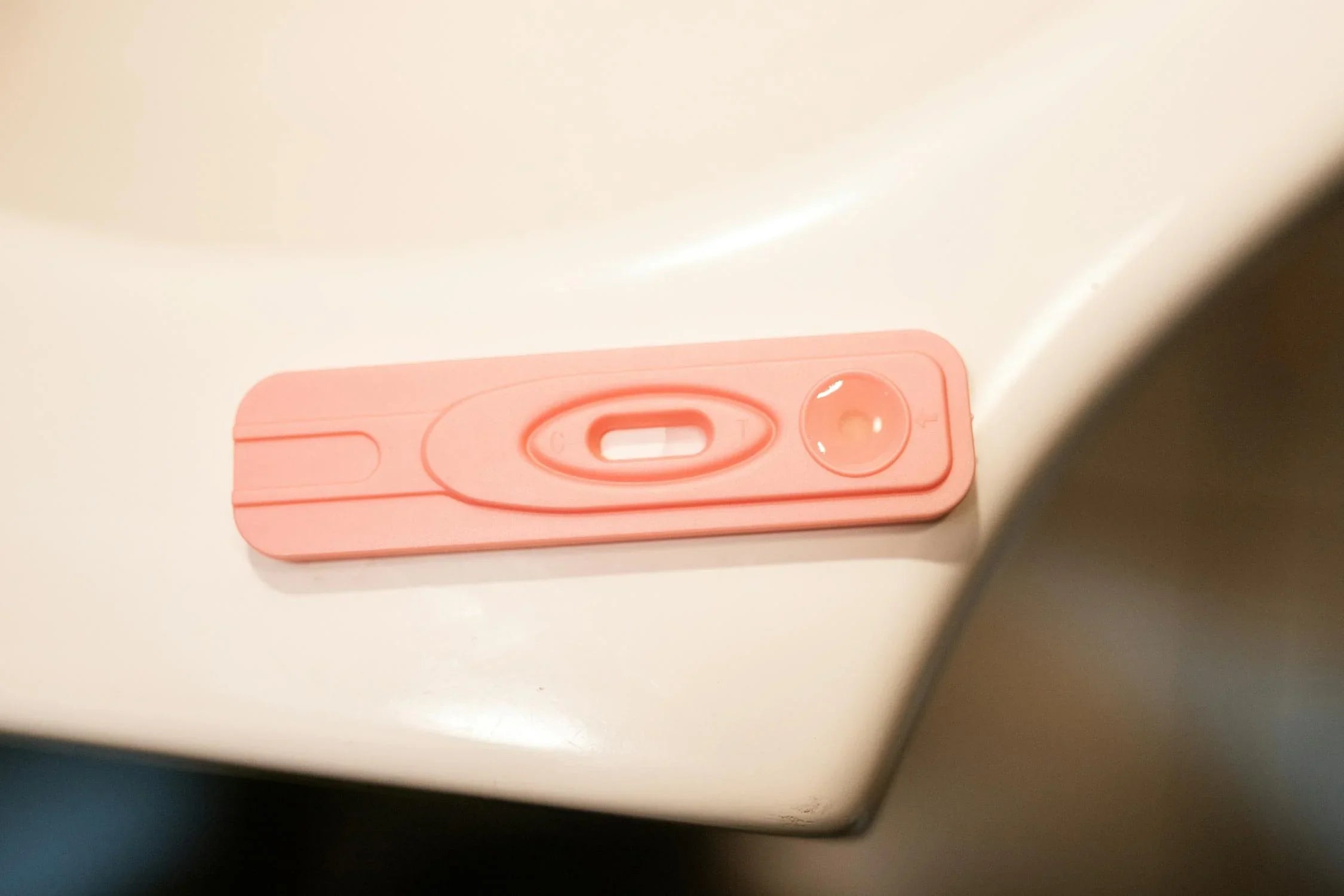Accueil
Pregnancy, Breastfeeding, and Pumping: The Ultimate Guide for Moms
How Soon After Conception Can a Pregnancy Test Be Positive

How Soon After Conception Can a Pregnancy Test Be Positive
Are you eagerly waiting to find out if you're expecting? The question of how soon after conception a pregnancy test can be positive is one that many women ask. Understanding the science behind pregnancy tests and the timing involved can help you get the most accurate results. Let's dive into the details to ensure you're well-informed.
Understanding Conception and Pregnancy
Conception occurs when a sperm fertilizes an egg, typically during ovulation. After fertilization, the fertilized egg travels down the fallopian tube and implants itself into the uterine lining. This process, known as implantation, usually happens 6 to 12 days after ovulation. Once implantation occurs, the body starts producing a hormone called human chorionic gonadotropin (hCG), which is the key hormone detected by pregnancy tests.
How Pregnancy Tests Work
Pregnancy tests detect the presence of hCG in urine or blood. Home pregnancy tests are designed to detect hCG in urine, while blood tests conducted by healthcare providers can detect hCG at even lower levels. The sensitivity of a pregnancy test determines how early it can detect hCG. Most home pregnancy tests claim to detect hCG levels as low as 25 mIU/mL, but some tests are more sensitive and can detect levels as low as 10 mIU/mL.
When Can a Pregnancy Test Be Positive?
The timing of a positive pregnancy test depends on several factors, including the sensitivity of the test, the timing of implantation, and the rate at which hCG levels rise. Here's a general timeline:
- 6-8 Days After Conception: Implantation typically occurs during this window. Once implantation happens, hCG production begins.
- 9-10 Days After Conception: hCG levels start to rise, but they may still be too low to detect with most home pregnancy tests.
- 11-12 Days After Conception: Some highly sensitive pregnancy tests may yield a positive result during this time.
- 14 Days After Conception: By this point, most home pregnancy tests should be able to detect hCG and provide a positive result if you're pregnant.
Factors Affecting Test Accuracy
Several factors can influence the accuracy of a pregnancy test, including:
- Test Sensitivity: More sensitive tests can detect lower levels of hCG, allowing for earlier detection.
- Timing of Testing: Testing too early can result in a false negative, as hCG levels may not yet be detectable.
- Urine Concentration: Using first-morning urine, which is more concentrated, can increase the likelihood of detecting hCG.
- User Error: Not following the test instructions properly can lead to inaccurate results.
Tips for Reliable Testing
To ensure the most accurate results, consider the following tips:
- Wait Until After Your Missed Period: Testing after your missed period increases the likelihood of accurate results.
- Use First-Morning Urine: This is when hCG levels are most concentrated.
- Follow Instructions Carefully: Read and follow the test instructions to avoid errors.
- Confirm with a Blood Test: If you get a positive result on a home pregnancy test, confirm it with a blood test conducted by a healthcare provider.
Understanding False Positives and Negatives
While pregnancy tests are generally reliable, false positives and negatives can occur. A false positive may result from certain medications, medical conditions, or an early miscarriage. A false negative can occur if you test too early, use diluted urine, or don't follow the test instructions properly. If you suspect a false result, consider retesting after a few days or consulting a healthcare provider.
When to Consult a Healthcare Provider
If you receive a positive pregnancy test result, it's important to schedule an appointment with a healthcare provider to confirm the pregnancy and begin prenatal care. If you experience symptoms of pregnancy but receive negative test results, consult a healthcare provider to rule out other potential causes.
Knowing how soon after conception a pregnancy test can be positive can help you plan and prepare for the exciting journey ahead. By understanding the science behind pregnancy tests and following best practices for testing, you can increase the likelihood of accurate results. Whether you're hoping for a positive result or just want to be sure, being informed is the first step toward a healthy pregnancy.
Partager
